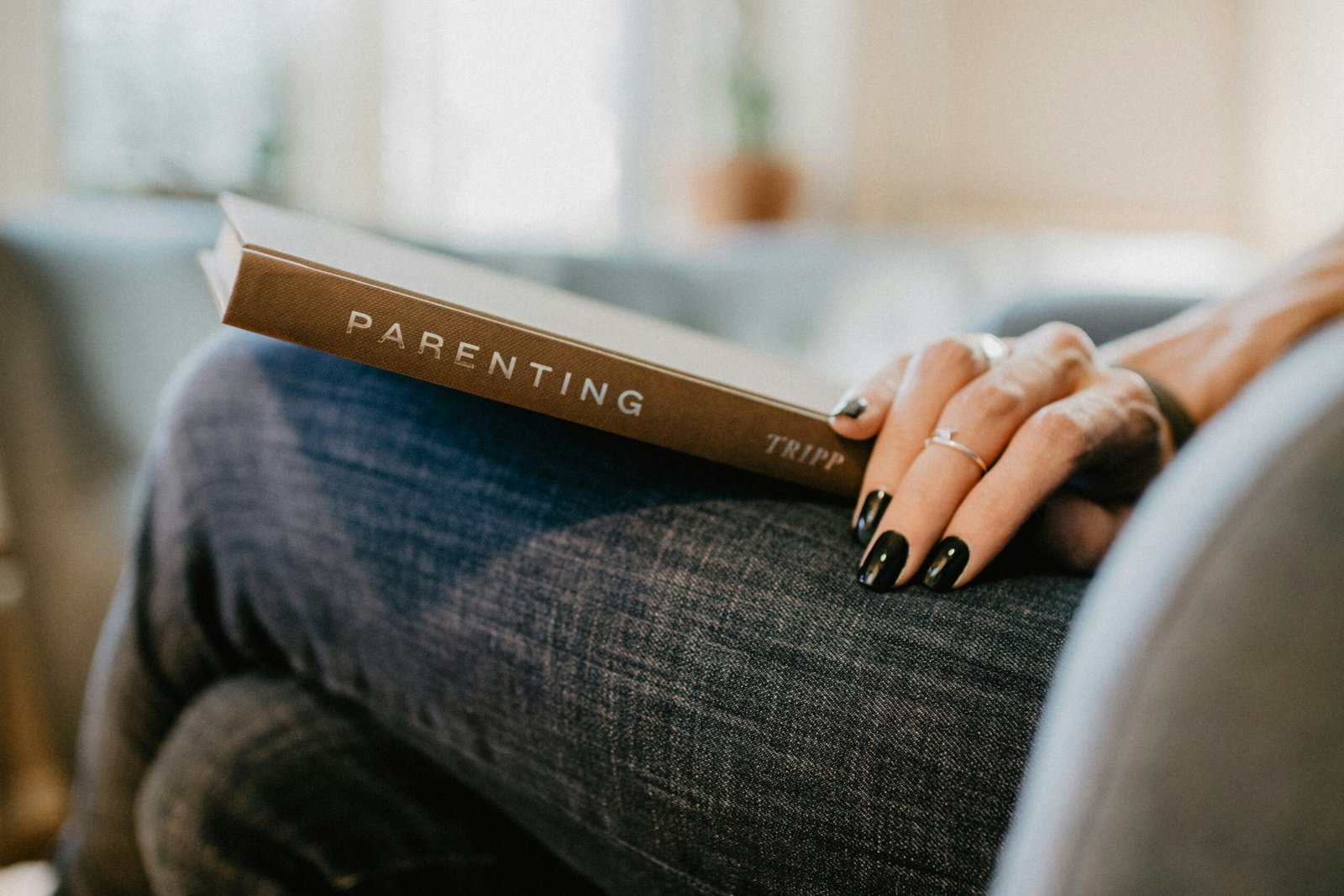The Incredible Benefits of Meditation for Parents and Children
Parenting is a beautiful journey, but it can also be overwhelming and stressful at times. As parents, we are constantly juggling multiple responsibilities, trying to meet the needs of our children while also taking care of ourselves. In the midst of this chaos, finding moments of peace and calm can seem like an impossible task. This is where meditation comes in.
The Power of Meditation
Meditation is an ancient practice that has been used for centuries to promote relaxation, reduce stress, and enhance overall well-being. It involves focusing your attention and eliminating the stream of thoughts that may be causing stress or anxiety. While meditation has numerous benefits for people of all ages, it can be particularly beneficial for parents and children.
Benefits for Parents
1. Stress Reduction: Parenting can be stressful, and chronic stress can have a negative impact on both physical and mental health. Regular meditation practice has been shown to reduce stress levels, promote relaxation, and improve overall emotional well-being. By taking a few minutes each day to meditate, parents can recharge and find a sense of calm amidst the chaos.
2. Improved Patience: Patience is a virtue, but it can be challenging to maintain when dealing with the demands of parenting. Meditation helps parents cultivate patience by teaching them to be present in the moment and respond to their children’s needs with compassion and understanding.
3. Enhanced Focus and Clarity: Parenting requires constant multitasking and decision-making. Meditation helps improve focus and concentration, allowing parents to prioritize tasks and make better choices. It also enhances cognitive abilities, which can be beneficial in managing the various aspects of parenting.
Benefits for Children
1. Emotional Regulation: Children often struggle with managing their emotions, leading to tantrums and meltdowns. Meditation teaches children to become aware of their emotions and develop techniques to regulate them effectively. It helps them cultivate a sense of calm and equanimity, enabling them to respond to challenging situations with greater composure.
2. Improved Sleep: Many children struggle with sleep issues, which can have a significant impact on their overall well-being. Regular meditation practice has been found to improve sleep quality and reduce insomnia in children. It promotes relaxation and helps them unwind before bedtime, leading to a more restful night’s sleep.
3. Increased Self-Awareness: Meditation encourages children to connect with their inner selves and develop a deeper understanding of their thoughts, feelings, and behaviors. This self-awareness fosters personal growth, enhances empathy, and improves communication skills, all of which are vital for healthy relationships and emotional well-being.
How to Incorporate Meditation into Your Routine
Introducing meditation into your family’s routine doesn’t have to be complicated. Here are a few simple steps to get started:
1. Set aside a specific time: Find a time that works best for your family, whether it’s in the morning, before bedtime, or during a quiet moment in the day. Consistency is key, so try to establish a regular meditation practice.
2. Start small: Begin with just a few minutes of meditation and gradually increase the duration as you and your children become more comfortable with the practice. Remember, even a short meditation session can have significant benefits.
3. Create a peaceful environment: Find a quiet, comfortable space where you and your children can meditate without distractions. Consider using soft lighting, calming music, or essential oils to create a soothing atmosphere.
4. Use guided meditations: For children, guided meditations can be particularly helpful. There are numerous apps, websites, and YouTube channels that offer guided meditations specifically designed for kids. These guided sessions can make meditation more engaging and enjoyable for children.
5. Be patient and flexible: Meditation is a skill that takes time to develop. Encourage your children to embrace the practice without placing any expectations on them. Allow them to explore different techniques and find what works best for them.
Remember, meditation is not a quick fix for all parenting challenges, but it can be a valuable tool in promoting well-being and creating a sense of calm in both parents and children. By incorporating meditation into your family’s routine, you can cultivate a peaceful and harmonious environment that nurtures the growth and happiness of everyone involved.
🧘♀️ A Calm Mind Begins Young: Teaching Meditation to Children
In today’s fast-paced, screen-filled world, children are constantly exposed to distractions, stress, and overstimulation. What if there were a simple, natural way to help them build focus, reduce anxiety, and feel more emotionally balanced?
Discover the answer with the timeless guide:
“Teaching Meditation To Children: A Practical Guide to the Use and Benefits of Meditation” by David Fontana and Ingrid Slack.
📚 Why This Book Is a Must-Have
This isn’t just another parenting manual—it’s a step-by-step roadmap that teaches you how to introduce meditation to children in a way that’s practical, age-appropriate, and meaningful.
Whether you’re a parent, teacher, counsellor, or just someone who wants to help kids thrive, this book equips you with:
Easy-to-follow meditation exercises
Techniques tailored for different age groups (from toddlers to teens)
Insights into child psychology and mindfulness
Tips on creating a peaceful environment at home or in the classroom
Tools to improve children’s sleep, behaviour, and self-awareness
🌈 Real Benefits for Real Kids
Meditation can help children:
Cope with stress and anxiety
Increase attention span and focus
Develop empathy and emotional intelligence
Build self-confidence
Sleep better at night
Backed by decades of research and practical experience, Fontana and Slack offer tools that are both gentle and effective. These methods require no prior experience in meditation—just an open heart and a little patience.
🛒 Book Highlights
Title: Teaching Meditation To Children
Authors: David Fontana, Ingrid Slack
Format: Paperback
Genre: Parenting, Education, Wellness
Best For: Parents, teachers, caregivers, and child psychologists
Age Range: Exercises suitable for ages 3–16
First Published: 2002 (Still relevant and widely recommended!)
💸 Limited-Time Offers Available
Cashback and bank discounts available on select cards
GST invoice option for business buyers
Special Amazon offers on selected transactions
✨ Final Thought
“Teaching Meditation to Children” is more than just a book—it’s a gift of inner peace, presence, and purpose. In just a few minutes a day, children can learn to slow down, reflect, and reconnect with their inner calm.
📖 Whether you want to add mindfulness to your child’s routine or create a more peaceful home or classroom, this guide is your perfect starting point.
Start the journey today—and nurture mindfulness from a young age.














Explore Extraordinary Lives: The Best Biographies to Read - sugermint.in
[…] biography traces Malcolm X’s evolution from a troubled youth to a charismatic advocate for black empowerment and human rights. The book explores Malcolm X’s role in the Nation of Islam, his ideological shifts, and his impact […]